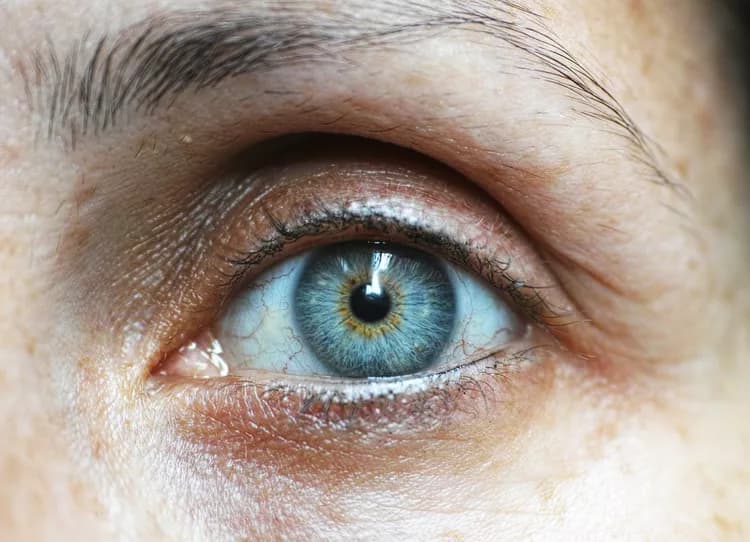
Is More, Better? Finding The Balance Between Nutritional Supplements And Eye Health
In the past decade, ophthalmologists have been prescribing nutritional supplements to be taken daily to prevent or slow vision loss from age-related macular degeneration (AMD). Now, using nutritional supplements for eye health has become more common. But does increasing the recommended dose increase your protection? A case report appearing online in JAMA Ophthalmology from the Moran Eye Center at the University of Utah reveals what can happen when a patient takes more of a supplement than their body needs.
In the article, "Crystalline Maculopathy Associated with High-Dose Lutein Supplementation," principal investigator Paul Bernstein, M.D., Ph.D., describes a patient with no AMD or vision problems who was referred to the retinal clinic for crystal deposits in the macular region of the retina in both eyes. With physician follow-up, it was learned that for the past eight years, the patient took a daily lutein supplement (20 mg) in addition to a diet rich in lutein, which included a broccoli, kale, spinach, and avocado smoothie every morning; she was therefore consuming much more than twice the recommended dose of lutein for an AMD patient (10 mg per day).
Lutein is part of the AMD prevention supplement regimen that was created based on results from the AREDS2 (Age-Related Eye Disease Study 2) clinical trial. In that trial, researchers found that patients at high risk for visual loss from AMD who took lutein (10 mg) and zeaxanthin (2 mg) supplements reduced their risk of progressing to late stage AMD. Lutein and zeaxanthin are carotenoids -- antioxidants made by plants -- that are believed to neutralize light-induced damage in the eye. Humans don't make carotenoids, so they can only be added to the body by eating plants or taking supplements.
"When we looked at the patient's carotenoid levels in serum, skin, and the retina, all measurements were at least two times greater than carotenoid levels in patients not taking nutritional supplements," said Bernstein. "The patient quit taking the lutein supplement, but maintained her diet rich in lutein, and, after seven months, the crystals in the right eye disappeared."
While AREDS2 supplements are recommended to patients at higher risk for AMD, there has also been increased use in the general population. Bernstein's advice for his patients is that "everyone should eat an 'eye-healthy' diet rich in colorful fruits and vegetables, and individuals should take an AREDS2 supplement if their ophthalmologist detects signs of AMD." This case report must followed up by a larger clinical trial before the results can be considered conclusive but it serves as an indicator that there may be negative effects from consuming lutein considerably higher than the recommended AREDS2 dose.
Materials provided by University of Utah Health Sciences. Note: Content may be edited for style and length.
Disclaimer: DoveMed is not responsible for the adapted accuracy of news releases posted to DoveMed by contributing universities and institutions.
Primary Resource:
Choi, R. Y., Chortkoff, S. C., Gorusupudi, A., & Bernstein, P. S. (2016). Crystalline Maculopathy Associated With High-Dose Lutein Supplementation. JAMA ophthalmology.
Related Articles
Test Your Knowledge
Asked by users
Related Centers
Related Specialties
Related Physicians
Related Procedures
Related Resources
Join DoveHubs
and connect with fellow professionals

0 Comments
Please log in to post a comment.